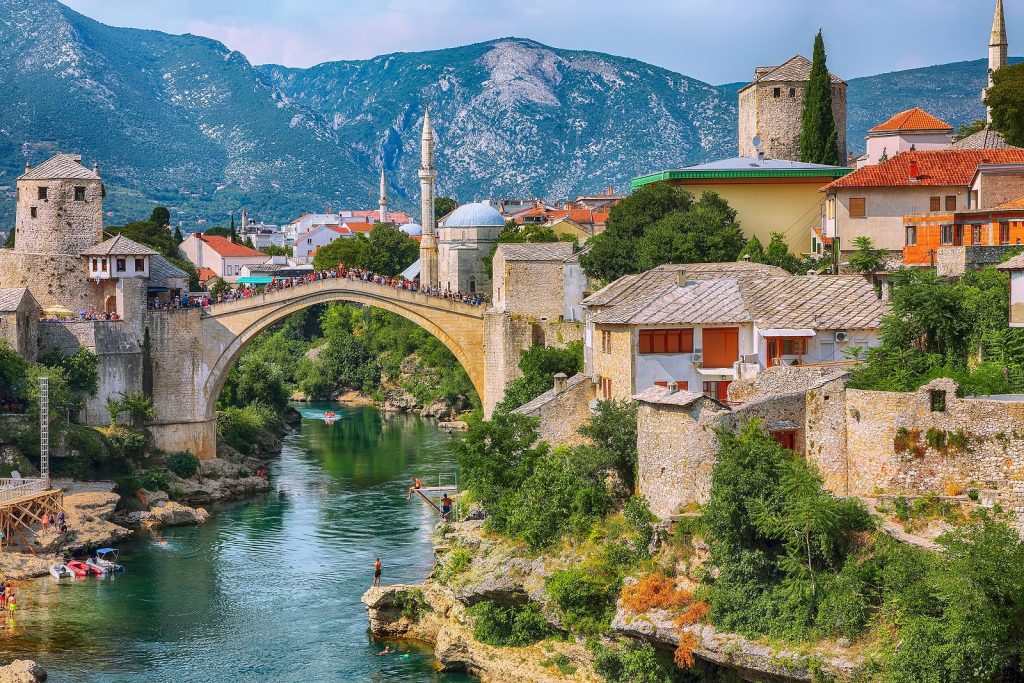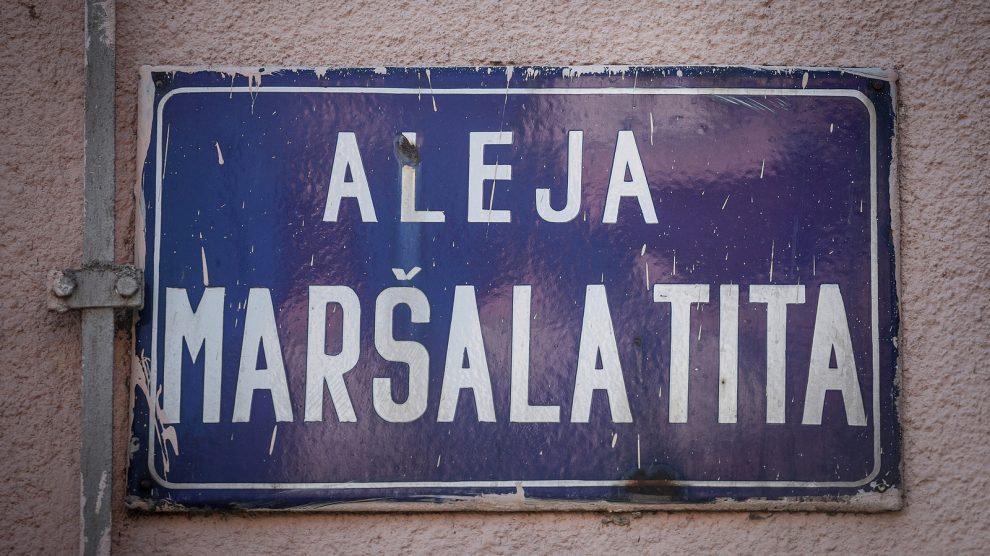The collapse of Yugoslavia in the 1990s unleashed devastating conflicts across the Balkans and reshaped the political map of Europe.
As new independent nation states emerged from the ashes of the former country, scholars and journalists sought to understand how this once stable multiethnic federation disintegrated into warfare along ethnic and religious lines. In the decades since, a wealth of literature has explored the complex political, economic and social forces that tore Yugoslavia apart.
In our latest list of five essential reads, we have chosen a handful of seminal works that provide invaluable insights into the breakdown of Yugoslavia. Through first-hand reporting, in-depth analysis and historical context, these books illuminate the rise of nationalism, the failures of leadership and the legacy of the past that combined to destroy a country of six republics and turn neighbours into enemies in one of the most violent breakups of the 20th century.
Tito and the Rise and Fall of Yugoslavia, by Richard West
In this comprehensive historical account, Richard West examines the complex legacy of Tito and his pivotal role in Yugoslavia’s creation and ultimate dissolution. The book explores how Tito balanced Yugoslavia’s relations with both the West and Soviet Union during the Cold War, allowing the country more independence but also masking growing internal ethnic tensions. West discusses Tito’s cult of personality that delayed democratic reforms and held the Yugoslav federation together through force of will. After Tito’s death in 1980, West charts the rise of Slobodan Milošević and nationalist figures who inflamed inter-ethnic divisions, weakening the centralised authority that had maintained order.
Yugoslavia: Death of a Nation, by Laura Silber and Allan Little
This comprehensive work examines in extensive detail the economic struggles, political mismanagement, and rising ethnic tensions that gradually undermined Yugoslavia’s unity over the late 1980s. Drawing on interviews with over 100 key figures, it traces how nationalist appeals took hold among leaders like Milošević and splintered the fragile coalition keeping the federation intact. Silber and Little dissect pivotal events like the 1990 elections that launched Croatia and Slovenia’s independence drives. Their analysis considers the perspectives and miscalculations of all Yugoslav republics to present a nuanced, multi-faceted narrative of the dissolution process.
The Fall of Yugoslavia: The Third Balkan War, by Misha Glenny
At a time when the wars were still raging, Glenny embedded himself with armed factions to provide on-the-ground dispatches that brought immediacy to chaotic events. His vivid first-hand accounts from the battlefields of Croatia and Bosnia conveyed the human toll of the conflicts. Glenny coupled this reporting with extensive interviews of political players from all sides, untangling webs of competing nationalist agendas, territorial disputes, and the self-interested actions of foreign powers like Germany and the US that influenced the wars’ trajectories. The book established Glenny as a foremost chronicler of the former Yugoslavia’s demise.

The Bridge Betrayed: Religion and Genocide in Bosnia, by Michael Sells
In this early account as the wars still raged, Sells examines the ideological roots of ethnic cleansing, particularly the role of Serbian Orthodox clergy in stoking religious nationalism to justify violence against Bosnian Muslims. Through first-hand interviews, he offers invaluable insights into how theology was exploited to mobilise genocide, and makes clear how much was at stake for the entire world in the struggle to preserve Bosnia’s existence as a multireligious society. The book was among the first to analyse the war’s ideological dimensions in depth.
Balkan Ghosts: A Journey Through History, by Robert D. Kaplan
Combining travelogue with sweeping history, Kaplan explores how the tumultuous past of invasion and empire left the Balkan peoples with deep-seated ethnic divisions and nationalist psychologies still capable of eruption. Visiting sites across the former Yugoslavia, he connects historic battles to the aftermaths of violence witnessed on the 1990s ground. Kaplan’s regional lens and thoughtful analysis offer insight for understanding not just Yugoslavia’s collapse, but the enduring presence of the past in a conflict-prone area whose internal boundaries were often arbitrarily drawn.
Unlike many news and information platforms, Emerging Europe is free to read, and always will be. There is no paywall here. We are independent, not affiliated with nor representing any political party or business organisation. We want the very best for emerging Europe, nothing more, nothing less. Your support will help us continue to spread the word about this amazing region.
You can contribute here. Thank you.







Add Comment